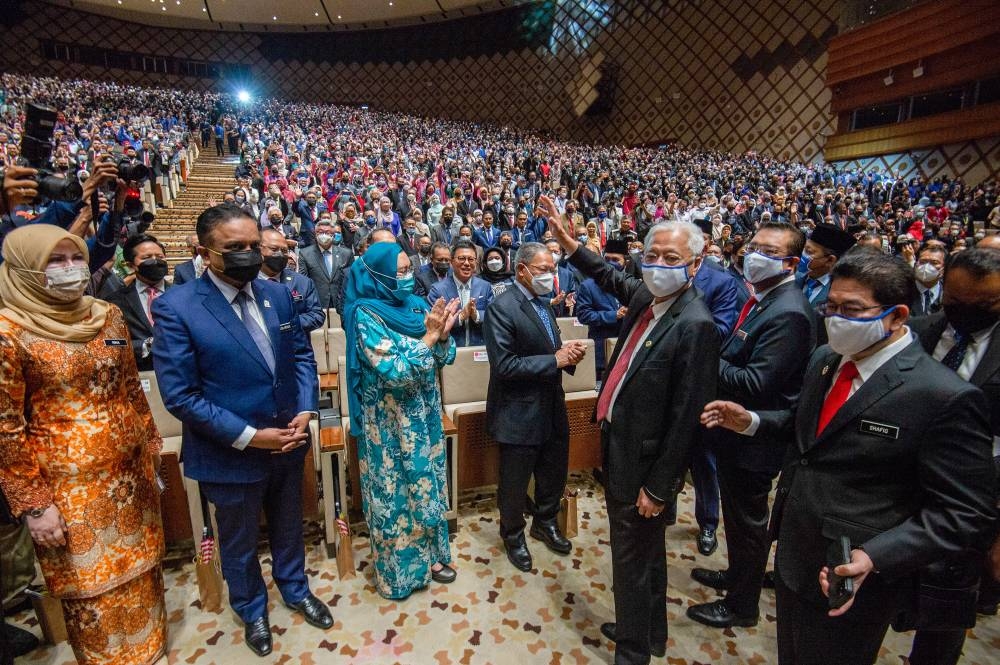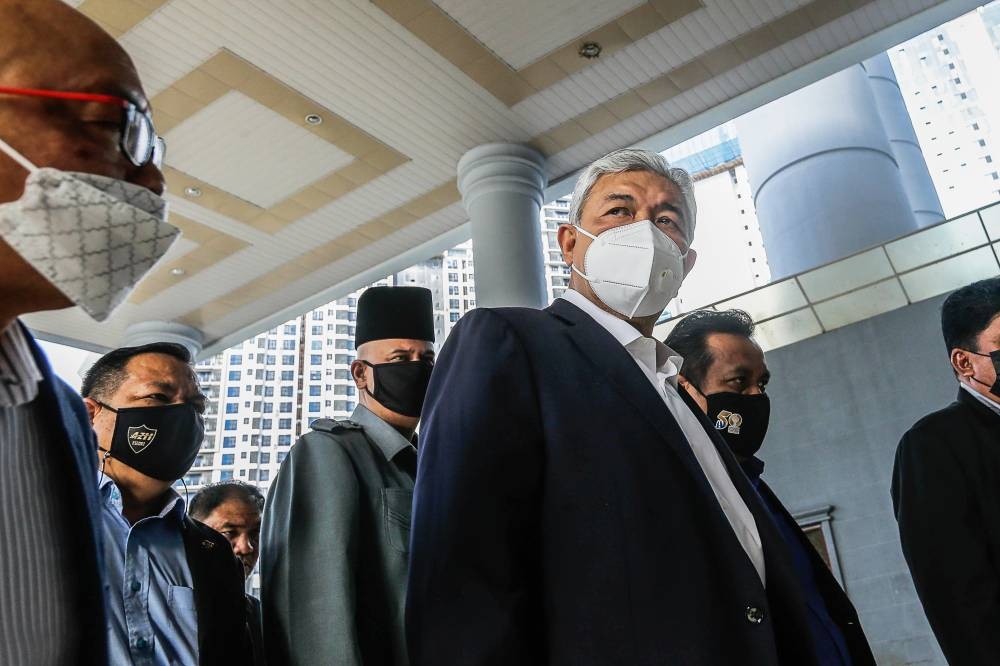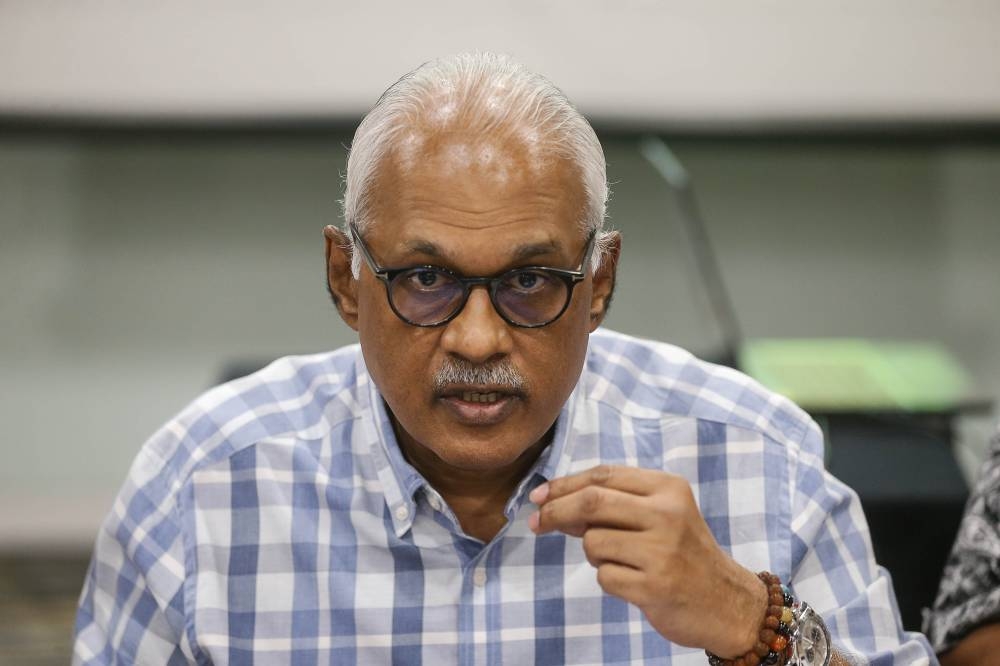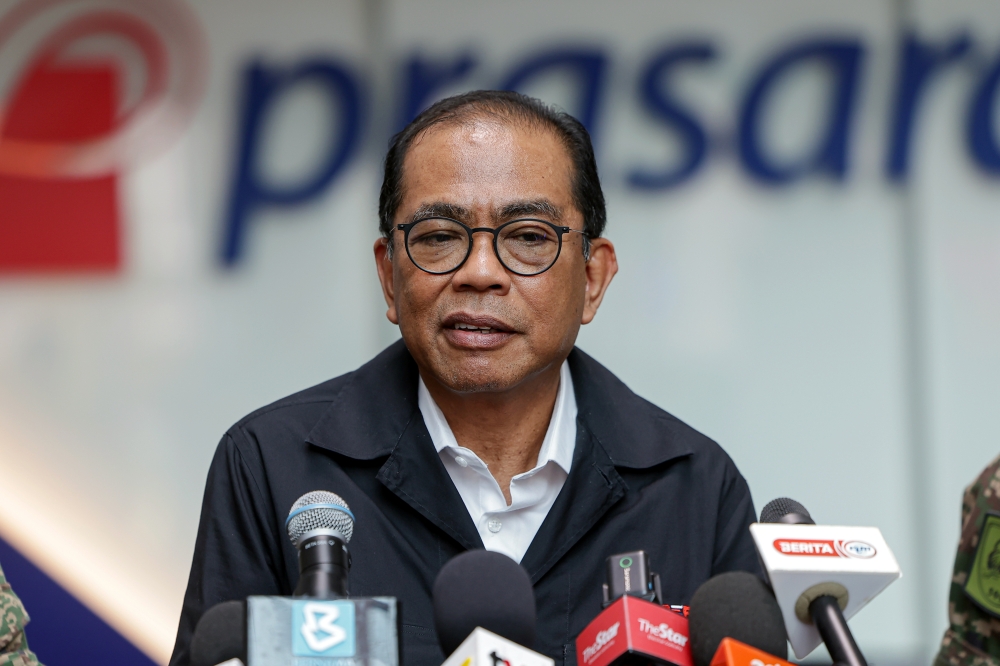OCTOBER 12 — Caretaker prime minister Ismail Sabri Yaakob (as he is now) said yesterday that he was disappointed with the actions of his ministers who “undermine the office of the prime minister appointed by the Agong, and erodes the spirit of solidarity in the administration.”
He referred to “solidarity in administration.” The term “collective responsibility” could have escaped his mind.
Collective responsibility means decisions made by the Cabinet are binding on all members of the government. This means that if a minister disagrees with the Cabinet’s decision, he or she must still publicly support it.
It also means that if the Cabinet has not decided on a matter — like to advise the King on the dissolution of Parliament — a minister or ministers cannot agree or disagree on the matter — like sending a letter to the King to express their objection against any move to dissolve Parliament to pave the way for the 15th general election (GE15) to be held this year.
A minister is entitled to express his or her views, but has to disagree privately. In any case, if a decision has not been made, what is there to agree or disagree with?
But once a decision has been made by the Cabinet, it is binding on all members of the government. A minister who cannot abide by collective responsibility is expected to resign.
Collective responsibility is a fundamental convention of the British Constitution, whereby the government is collectively accountable to Parliament for its actions, decisions and policies.
The British Constitution is unwritten; the Malaysian Constitution is.
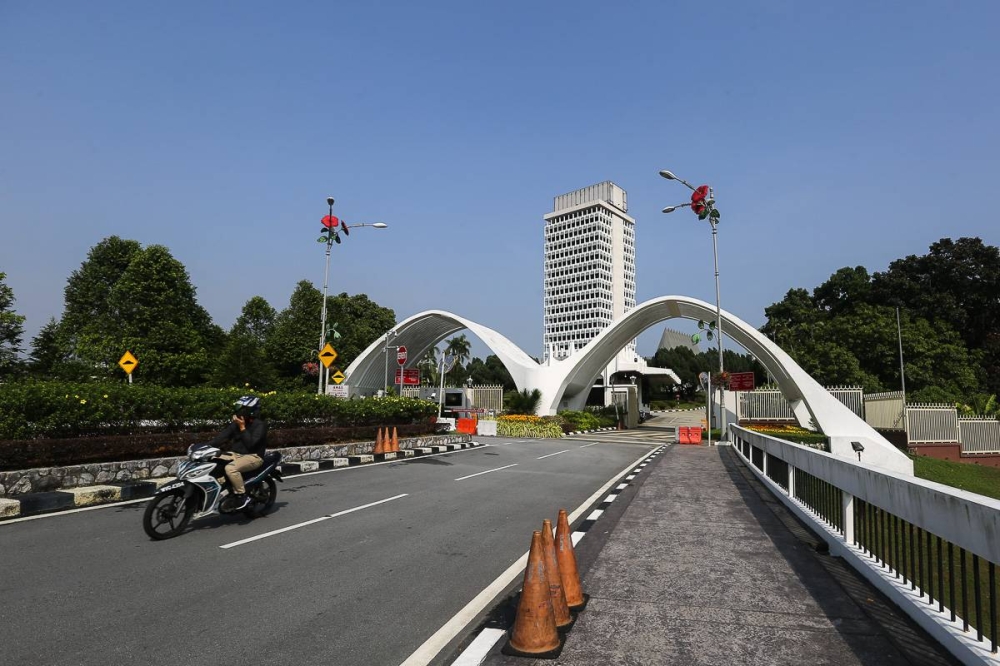
Article 43(3) of the Federal Constitution says the Cabinet “shall be collectively responsible to Parliament.” So collective responsibility is not just a constitutional convention in Malaysia. It is a constitutional principle. It is part of the basic structure of the Constitution, if you like.
While the British may have no written Constitution, they have a written Cabinet Manual (2011) which states that ministers are bound by the collective decision of the Cabinet “save where it is explicitly set aside.” The Ministers must “carry joint responsibility for all the Government’s policies and decisions.”
A written Ministerial Code (2015) sets out how collective responsibility should work in practice. It is as follows:
“The principle of collective responsibility requires that Ministers should be able to express their views frankly in the expectation that they can argue freely in private while maintaining a united front when decisions have been reached. This in turn requires that the privacy of opinions expressed in Cabinet and Ministerial Committees, including in correspondence, should be maintained.” (See the 2022 version here.)
There may or may not be a Cabinet manual or a ministerial code here in Malaysia. But there is the constitutional principle in Article 43(3) that the Cabinet is collectively responsible.
As earlier said, collective responsibility does not mean ministers are not allowed to express their views. But express them in all frankness at the weekly Cabinet meetings.
While the prime minister must take responsibility for his act and that of the Cabinet, Ismail Sabri has every right to be disappointed with his ministers.
That’s frankly speaking.
* This is the personal opinion of the writer or organisation and does not necessarily represent the views of Malay Mail.
















